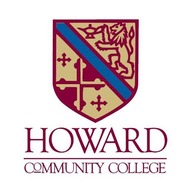Financing Healthcare Part 2
(View Complete Item Description)This unit continues the discussion of healthcare financing at the governmental, organizational, and consumer levels. It describes the revenue cycle for healthcare organizations, identifies the different reimbursement methodologies and standards developed for the billing (reimbursement) process. Finally, this unit reviews some of the factors responsible for the escalating healthcare expenditures in the US and discusses some methods for controlling rising medical costs.
Material Type: Lecture




















